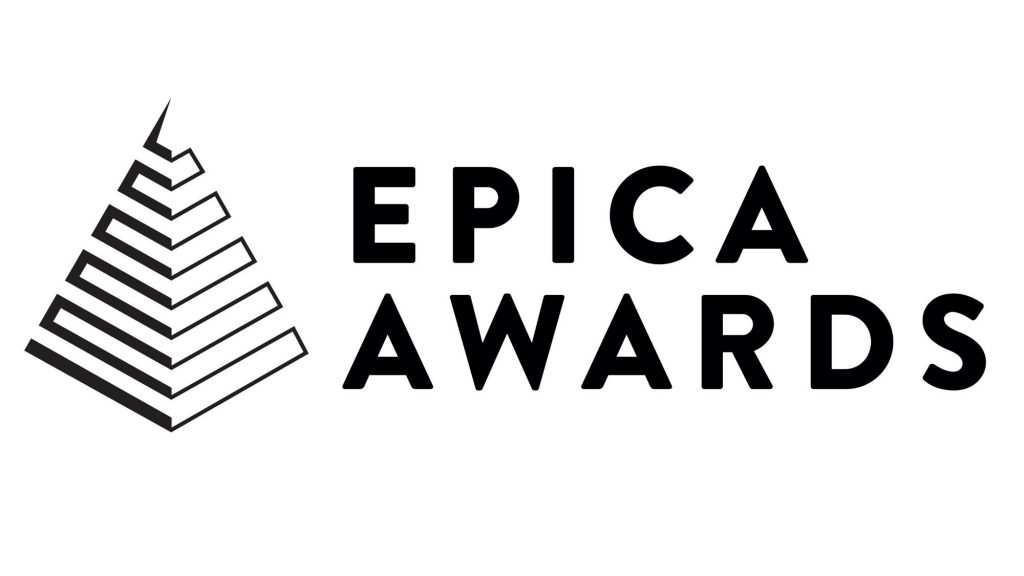In a move that signals a major leap forward in generative AI, OpenAI has quietly rolled out ChatGPT-5, its most advanced model to date….
Epica Awards introduces AI juror in creative experiment

In a nod to the rapid advancements in artificial intelligence (AI) globally, the Epica Awards, a renowned creative industry prize in South Africa, has made a groundbreaking announcement. For the first time in its 35-year history, the awards will include an AI juror, reflecting the industry’s recognition of AI’s growing influence.
As AI continues to reshape various sectors, the Epica Awards has chosen to explore its potential impact on creativity through the AI Jury Experiment (AIJE). This pioneering move aims to delve into the capabilities of AI in evaluating the creative ideas submitted for consideration.
Typically, the Epica Awards rely on a panel of journalists from across the globe to judge the entries. However, this year, the inclusion of an AI juror signifies a significant shift in approach. The AIJE will run parallel to the main awards, although its results will not contribute to the official prize winners.
The AI juror’s assessment will be based solely on the text summaries of the creative ideas provided by agencies. While the execution of the ideas will not factor into the evaluation, the AI will focus on categories that encompass technique and digital mediums.
By comparing each idea to others within its designated category and conducting multiple iterations, the AI will ensure a thorough and reliable evaluation process. The final assessments will be averaged to provide an insightful measure of each concept’s creative value.
The Epica Awards plans to publish the AI juror’s evaluations alongside the official list of winners on 8 December 2023.
Nicolas Huvé, the operations director spearheading this initiative, acknowledged AI’s potential to revolutionise creativity. With months of testing under their belt, the Epica Awards team is confident in their functional protocol for the AIJE. Huvé emphasised that the AI juror will not replace the esteemed panel of journalists but expressed excitement about uncovering any correlations or insights that may arise from the AI’s assessments.
Mark Tungate, the editorial director of the Epica Awards, stressed the organisation’s commitment to capturing and documenting relevant industry developments. AI’s prominence in current conversations made it a natural addition to the awards. Tungate acknowledged the experiment’s potential for intrigue and enjoyment, but ultimately affirmed the irreplaceable role of human judgment in evaluating human creativity.
Since its establishment in 1987, the Epica Awards have set themselves apart as the only creative industry prize judged by the press. With a diverse jury comprising over 200 chief editors and senior reporters from trade, specialist, and mainstream publications across 60 countries, the Epica Awards hold an esteemed position in recognising creative excellence.
Agencies interested in submitting their work can participate in the Epica Awards by submitting their entries from 1 July to 6 October. Additional information about the awards can be found at epica-awards.com.
As AI continues to shape the global landscape, the inclusion of an AI juror at the Epica Awards signifies a significant milestone in acknowledging AI’s growth and its potential impact on the creative industry. By embracing this experimental opportunity, the awards are opening the door to wider discussions on the evolving relationship between AI and human creativity, paving the way for a future where both can coexist and complement each other’s strengths.
READ NEXT: Three ways Artificial Intelligence will change the BPO landscape

